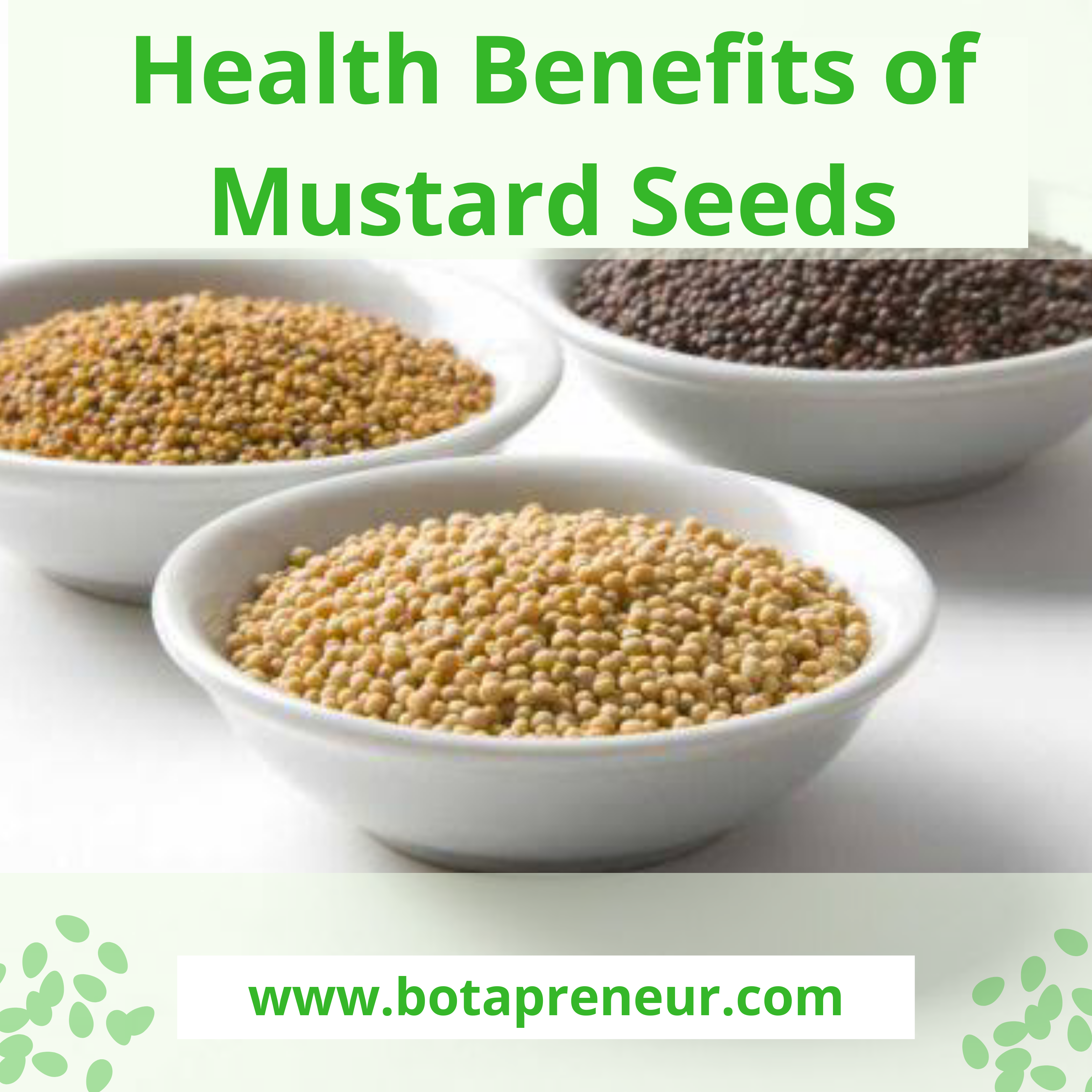My early knowledge about mustard seeds came from the Holy Bible.
Jesus Christ told the Parable of the Mustard Seed as an analogy to the Kingdom of Heaven. This Parable of the Mustard Seed is one of the shorter parables of Jesus. Matthew (13:31–32), Mark (4:30–32), and Luke (13:18–19).
Also, the Lord Jesus mentioned in Luke 17:6 about if we have faith as that of mustard seeds, we can make decrees and they will be established.
The Bible also made us know than even though mustard seeds are less than all the seeds on Earth but when sown, grow up and become greater than all herbs
Glory!!!
Apart from the religion significance of these mustard seeds, they have important benefits to health as well.
Mustard seeds are the fruit pods obtained from the mustard plant which belong to the Brassica family. Some other members of this family include cabbage and broccoli.
Mustard plant is native to Asia Minor but is now being widely cultivated in other countries like Pakistan, Canada, India, China, etc.
There are 3 major varieties of mustard seeds.
1) White mustard seeds (Brassica alba): White seeds have mild pungent taste.
2) Black mustards (Brassica nigra): They are sharp and more pungent than the other two varieties.
3) Brown mustards (Brassica juncea)
Mustard seeds are greatly used as spice & condiment. In fact, they are widely used in Indian households and form an integral part of their cuisine.

However, aside from the culinary uses, mustard seeds have been associated with lots of health benefits. They are loaded with so compounds that are beneficial to health:
1) Mustard seeds are high in essential oils and plant sterols. Some of the important sterols include brassicasterol, sitosterol, and stigmasterol which are essential in prevention of some diseases in the body.
2) Mustard seeds are excellent source of essential B-complex vitamins such as folates, thiamin, riboflavin and pantothenic acid.
3) Mustard seeds have been used as a stimulant, diuretic, and purgative.
4) Mustard seeds are rich in a nutrient called selenium known for its high anti-inflammatory effects.
5) Mustard seeds are rich in magnesium which helps in reducing the severity of asthma attacks and lowering blood pressure.
6) Mustard seeds has been known to contain glucosinolate, a compound that has been known to have anti-cancer properties.
7) Mustard is also rich in carotenoids, isorhamnetin, and kaempferol of which these antioxidants prevents conditions like type 2 diabetes & heart disease
Mustard seeds can be doused in warm milk, whipped into salad dressings. It can also be grounded and sprinkled into warm meals or soaked and used to make mustard paste.


Your article helped me a lot, is there any more related content? Thanks!
Your article helped me a lot, is there any more related content? Thanks!